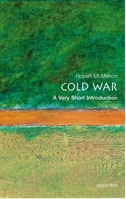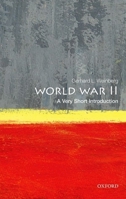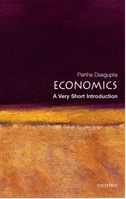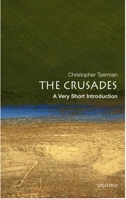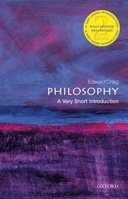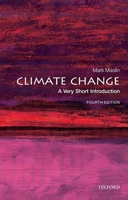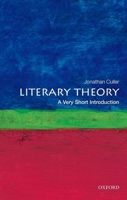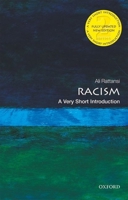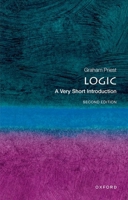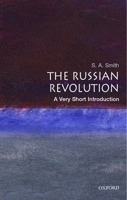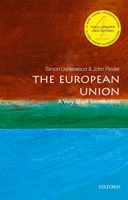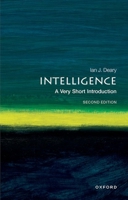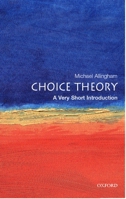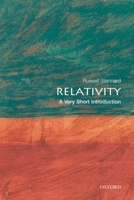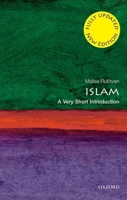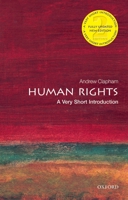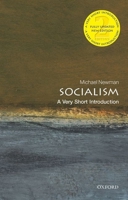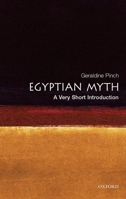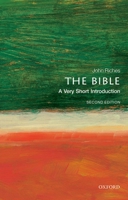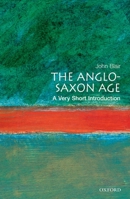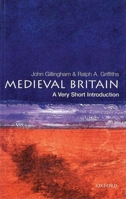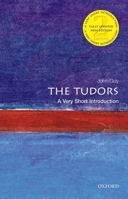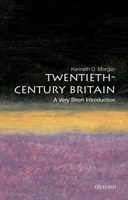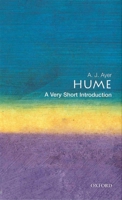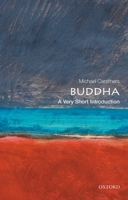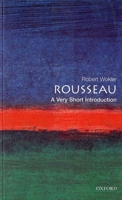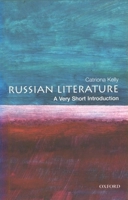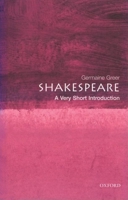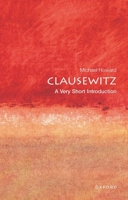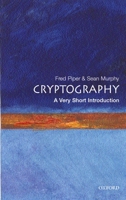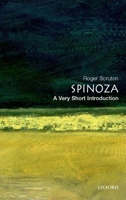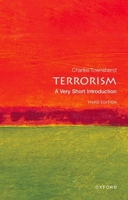The First World War: A Very Short Introduction (Very Short Introductions)
(Part of the Very Short Introductions (#154) Series, Oxford's Very Short Introductions series Series, and Elementaire Deeltjes (#6) Series)
Select Format
Select Condition 
You Might Also Enjoy
Book Overview
Customer Reviews
Rated 5 starsConcise but informative and highly readable
For a little book as compact as this, Howard does a quite enviable task of outlining the 'Great War'. In fact, calling it an outline, or indeed 'very short', does it a disservice. Howard doesn't leave anything substantial out or waste any pages with discussion of the trivial. The impression given is of a historian trying to let the events speak for themselves. After reading the book I felt not only that it had given me...
1Report
Rated 5 starsGreat summary
I was suprised when the book arrived because not only is it just 170 pages, but the book is the size of a paperback so it's really almost an extended essay in length. A few nice pictures add atmosphere and some maps although they don't show every place refrenced in the text, but do show places not refrenced so that could have been better.I have never read WWI history but known a lot from popular culure. I knew about certain...
1Report
Rated 5 starsA Brilliant Condensation
Military historian Michael Howard has written a brilliant condensation of the seminal event of the short twentieth century.In particular, Howard examines the dilemma of modern democracies engaged in a popular war with increasingly devastating consequences, and the difficulty politicians encounter in seeking peace without "betraying" the fallen. In fact, as Howard notes, accusations of just such a betrayal led directly to...
1Report
Rated 5 starsA very good introduction
This book is a quite good very brief introduction to World War I. All aspects are covered, though concetration is on military events viewed from a high strategic level. Thus, only about a page is spent on the Battle of the Marne and surrounding events, but the reader is made aware of the basic movements and their importance. And, in one paragraph, the author conveys a better feel for the ebb and flow on the eastern front...
1Report
Rated 5 starsIf you don't have time and yet want to know...
The book is small and very short. That means it cannot discuss things in details, and thus one cannot expect to be an expert by reading it.The book does explain most of the major events, all very briefly, all very well.
0Report















